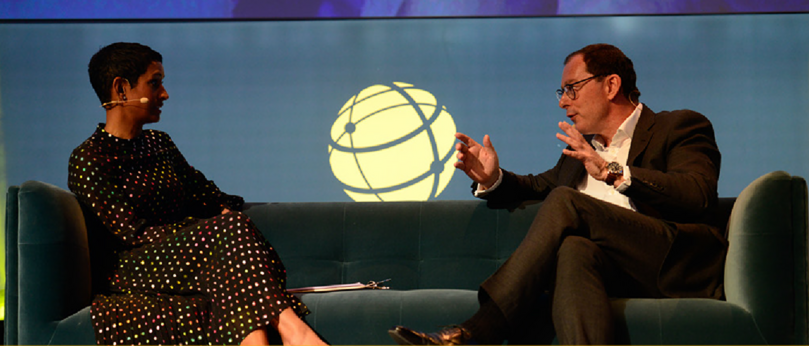Sephora focuses on core markets and localisation for growth

Sephora is committing to delivering its ongoing growth through a focus on its core markets and new country expansion at around two per year, CEO Christopher de Lapuente told delegates at World Retail Congress yesterday morning.
“Two new countries will be added this year – Hong Kong and Korea - but building the infrastructure for a multi-brand business takes a long time,” he said. “At the same time we felt we still had huge opportunities in our core markets rather than being seduced by overseas territories. So we are probably talking about a couple of countries each year.”
The company has become well known as an omni-channel leader and de Lapuente said that Sephora wanted to be thought of as: “Any time, anywhere, any device. Channel agnostic,” by its customers, though he continues to advocate the role of the store.
“My feeling is that if they enjoy the environment then, even if they don’t buy, they will come back.
“We try and build trust and relationships. Of course we have to produce sales and profits but it’s about building a trust mark and investing in great stores,” he said. “Boring stores are dead, people love coming to exciting stores so we have to stay interesting.”
Of adapting to local culture across its 34 markets, he said: “The brand is black and white, prestige beauty, so that is central. But local leaders will look at what is the right assortment for them. We run the business locally, our customers are local.”
He said the retailer prides itself on working with indie brands, often starting in one country or even one store, to manage the risk. On choosing the right brands he said that authenticity is vital: “You are not going to fool the consumer, whether a big brand or a small brand they need to have credibility,” he said. “You want to have a relationship with the customer, especially in our world where a quarter of the SKUs are new every quarter. It will come down to how they engage with the brand. Understanding what are their need and matching those. There are lots of offers but it can’t always be about discounting.”
Two-thirds of the top 100 people within the business are women and he said that diversity is about “getting on with it, not just gender but nationality”. He said: “We identify future leaders early on. You need to be intentional, we all have our score cards on profits and sales. If we are serious about making progress on diversity then it has to go onto the score card.”
)
)
)
)